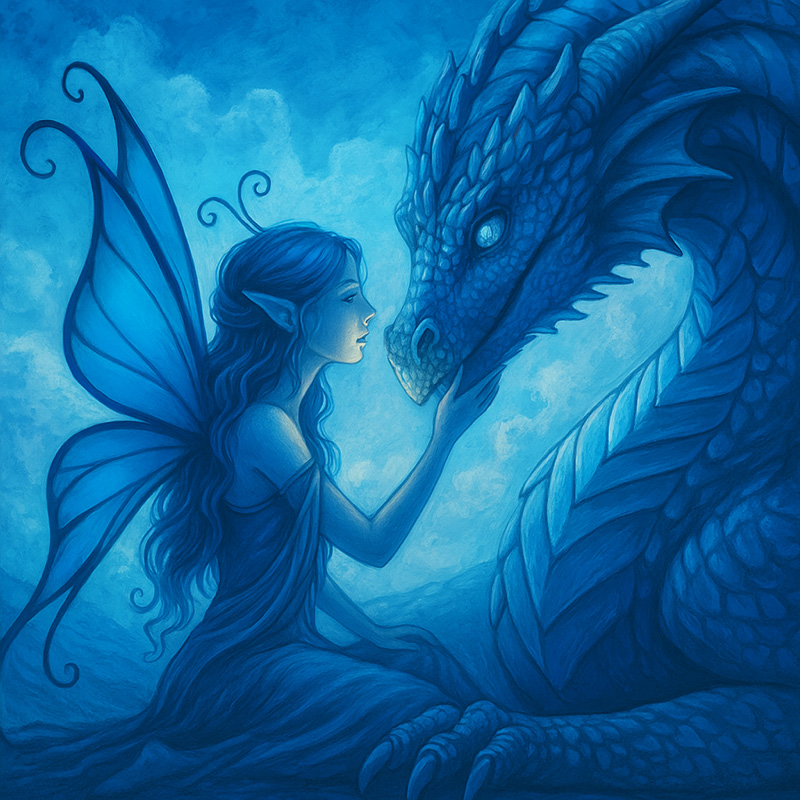Author: Tara Maya
-

(Another!) Cover Reveal for STRAT – New and Improved!
You’ve seen the draft of the cover art for STRAT, but the real cover art is now complete! Same design, a bit more detail. Ta-dah! You may find this already available on some sites….If not, keep checking. It will be up soon! We’re holding off on the official release announcement until it’s live everywhere. The…
-

GOLEM an indie military sf short film
GOLEM from GOLEM on Vimeo. This movie is based on the short story “GOLEM XIV” of “Imaginary Magnitude” by awesome Polish science fiction author Stanislaw Lem from 1973. Many of Stanislaw Lem’s stories concerned the futility of war. In this story, an intelligent military robot intelligence comes to question its purpose and the logic of…
-

Storm Dancer On Sale for 99 Cents!
My friend Rayne Hall’s dark epic fantasy, Storm Dancer, is currently on sale for only 99 cents! Definitely worth checking out, especially if you’re a fan of The Unfinished Song! Demon-possessed siege commander, Dahoud, atones for his atrocities by hiding his identity and protecting women from war’s violence – but can he shield the woman…
-

Armageddon’s Princess
Earlier this year my friend Anthony Pacheco published a wonderful scifi mystery, Armageddon’s Princess. Here’s some details… ANGRY PRINCESS IS ANGRY. Investigator Lexus Nancy Toulouse, ex-soldier extreme: finds her Libido Generator is on the fritz, learns her old warship wants to “get back together” (despite the fact she already has four husbands!), loses whatever war-torn…
-

Assassin’s Gambit
Last month my friend Amy Raby released her latest fantasy romance, Assassin’s Gambit from The Hearts and Thrones and Series. Here’s a bit about the book: Vitala Salonius, champion of the warlike game of Caturanga, is as deadly as she is beautiful. She’s a trained assassin for the resistance, and her true play is for…
-

Just released! ROWENA AND THE DARK LORD
I’m happy to be sharing this excerpt from Melodie Campbell’s latest release, Rowena and the Dark Lord. I think you all will enjoy this funny romantic fantasy series. Is that a broadsword on your belt, or are you just glad to see me? “Hot and hilarious!” “A fantastical tour de force” “The Princess Bride with…
-

Cover Reveal: STRAT (military science fiction)
STRAT is a military science fiction novel that I’ve had on the back burner for a while. I confess: It’s a bit of an odd fish. The hero lives through five wars, which form almost complete stories in and of themselves. For a while, I thought it might work better as individual novellas. Eventually, however, I…
-

Google Treasure Maps
-

New Release: Easter Bunny (Here Comes Peter Cottontail)
Easter Bunny (Here Comes Peter Cottontail) is ready for downloading! This short story for young readers is only $0.99! Amazon Barnes and Noble Kobo Smashwords Have you ever wondered where the Easter Bunny comes from? How old he is? And how he happened to become a talking rabbit with a fondness for chocolate eggs? Gather around,…
